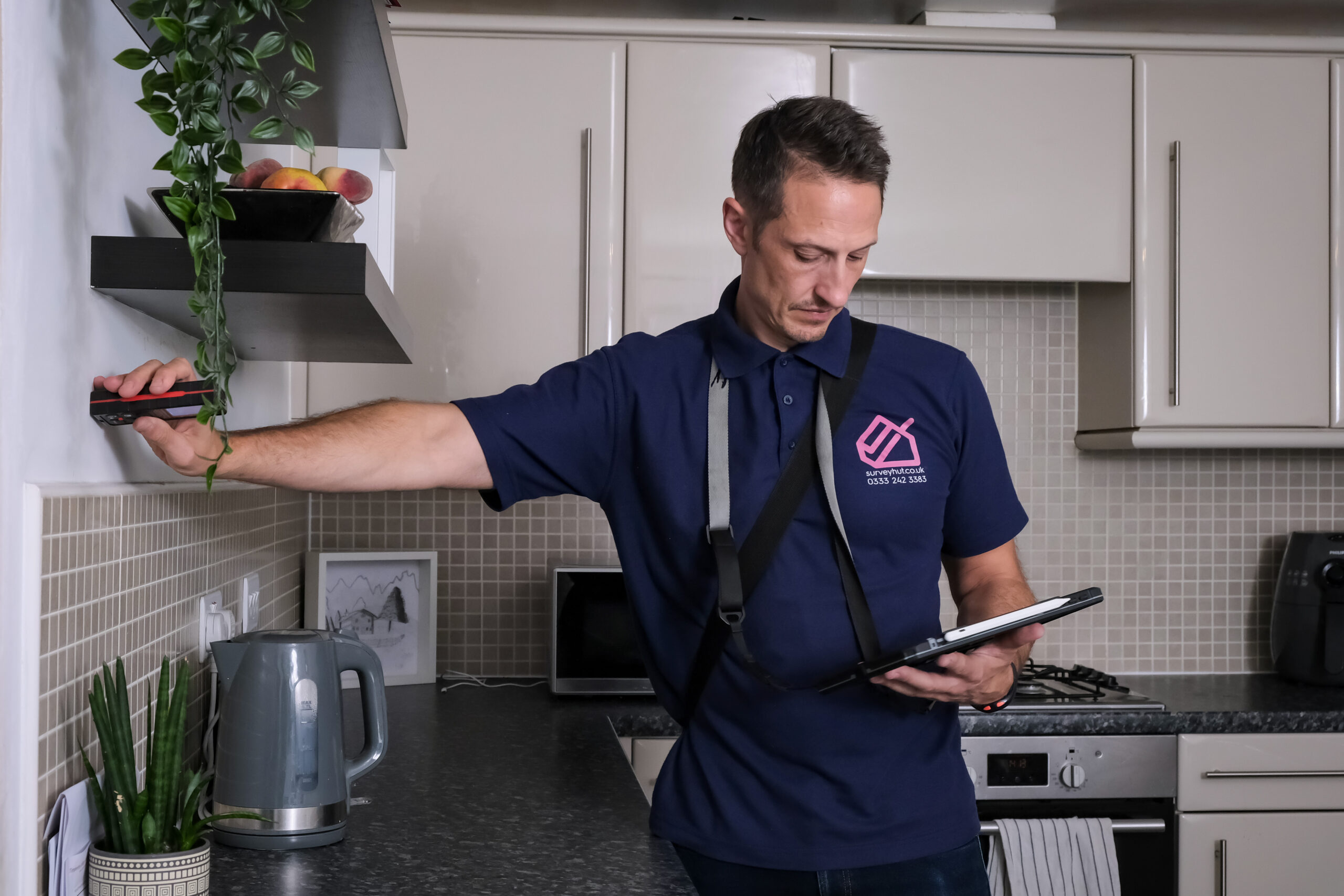There are many steps involved in the process of buying a home, and one of the most important steps is having a house survey done. A survey is a detailed inspection of the property that can identify any potential issues or defects. But with advances in technology and changes in the housing market, some may wonder if a survey is still necessary when buying a house in 2024 and beyond.
At its core, the purpose of a survey is to provide the buyer with a clear understanding of the property they are purchasing. While it may seem like an added expense, a survey can potentially save buyers thousands of pounds in the long run by identifying any issues that may require costly repairs. A survey can also provide buyers with negotiating power if any issues are found that were not previously disclosed by the seller.
Understanding the Importance of a House Survey
A house survey is a thorough inspection of a property that helps identify any potential issues or defects that could affect the value or safety of your new home. They’re really important!
Why a House Survey is Essential
A house survey is essential for several reasons. As we mentioned previously, it helps you identify any hidden defects or issues that may not be visible during a regular viewing. This can include structural issues, dampness, and issues with the roof. Identifying these issues before you buy can save you a lot of money in the long run and give you peace of mind.
Also, a house survey can help you negotiate a better price for the property. If the survey identifies any issues, you can use this information to negotiate a lower price or ask the seller to fix the issues before you buy. You never want to identify issues with your new home, but if you can save money on the property, having a survey done is a no-brainer.
Most importantly, a house survey can be a requirement for certain types of mortgages. If you are taking out a mortgage, your lender may require you to have a survey to ensure that the property is worth the amount you are borrowing.
Types of House Surveys
So, we know why house surveys are essential, but there’s actually several types of survey, each with its own level of detail and cost. The most common types of surveys are:
- Condition Report (Level 1 Survey): This is the most basic type of survey and provides a general overview of the property’s condition. It is suitable for newer properties or those in good condition.
- HomeBuyer Report (Level 2 Survey): This is a more detailed survey that provides information on the property’s condition and any potential issues. It is suitable for most properties that are in reasonable condition.
- Building Survey (Level 3 Survey): This is the most comprehensive type of survey and provides a detailed analysis of the property’s condition and any potential issues. It is suitable for older properties or those in poor condition.
Commissioning one of the above house surveys is an essential part of buying a property in 2024. It can help you identify any potential issues, negotiate a better price, and ensure that you are making a sound investment.
Assessing the Need for a Survey in 2024
When buying a house, it’s important to consider whether or not you actually need a survey. While surveys are not always required, they can provide valuable information about the property you’re interested in purchasing. Let’s look at some factors that can help you assess whether or not you need a survey.
Why Commission a House Survey?
We believe that house surveys are crucial when considering the purchase or maintenance of your dream property. They serve as a crucial diagnostic tool to unearth potential issues that might otherwise remain hidden.
Roof problems, often unnoticed during casual inspections, can escalate into expensive repairs if left unaddressed. Damp issues, ranging from rising damp to leaks, can compromise the structural integrity of a house and lead to health hazards like mould. Structural issues, though not always apparent to the untrained eye, can also pose serious safety risks.
A professional surveyor’s expertise is essential in identifying these common but potentially severe problems, allowing you to make informed decisions and cost-effective preventative measures. By investing in a thorough house survey, buyers can mitigate risks, negotiate fair property prices, and ensure the long-term durability and safety of their homes. We always stress that the upfront cost of a survey pales in comparison to the potential expenses and headaches associated with overlooking these common issues.
Practical Steps When Buying a House
When looking to buy a house, it’s also important to take practical steps to ensure that you make an informed decision. Here are some steps that we recommend:
Choosing the Right Survey
One of the most important steps when buying a house is to choose the right survey. There are different types of surveys available, and the one you choose will depend on the age and condition of the property, as well as your budget.
- Condition Report (Level 1 Survey): This is the most basic survey and provides an overview of the property’s condition.
- HomeBuyer Report (Level 2 Survey): This is a more detailed survey that highlights any significant defects.
- Building Survey (Level 3 Survey): This is the most comprehensive survey and provides a detailed analysis of the property’s construction and condition.
Interpreting Survey Results
Once you’ve chosen the right survey, it is important to understand how to interpret the results. Our surveys provide you with a detailed report on the property’s condition, including any defects that have been identified. We assess each element of the property and rate them on the urgency of maintenance needed, ranging from ‘urgent’ to ‘no current issues’ – using a traffic light system.
- No current issues (Green): These are elements with no repairs needed.
- Elements that require attention but are not serious or urgent (Amber): These elements have defects that need repairing or replacing, but are not considered to be either serious or urgent.
- Elements that require urgent attention (Red): These elements have defects that are serious and / or need to be repaired, replaced or investigated urgently.
It’s incredibly important to carefully consider the survey results and seek advice from a qualified professional if you have any concerns. This will help you to make an informed decision about whether or not to proceed with the purchase of the property.
How Survey Hut Can Help
At Survey Hut, we understand that buying a house is a significant investment, and it’s essential to have all the necessary information before making a decision. That’s why we offer a range of surveying services to help you make an informed decision.
Our team of experienced surveyors can provide you with a detailed report on the condition of the property you’re interested in. We offer different survey types, including HomeBuyer Reports and Building Surveys, to suit your needs and budget.
- Our Level 2 Report (HomeBuyer Report) is a cost-effective option that provides a comprehensive overview of the property’s condition. It includes a visual inspection of all accessible areas and highlights any significant issues.
- Our Level 3 Report (Building Survey) is a more detailed report that provides a thorough analysis of the property’s condition. It includes a comprehensive inspection of all accessible areas, including the roof, walls, and floors. The report highlights any defects or potential issues that may require further investigation.
We pride ourselves on providing impartial and unbiased advice. Our reports are easy to understand and include photographs to help you visualise any issues. We’re happy to answer any questions you may have and provide you with the information you need to make an informed decision.
Get in touch with Survey Hut today for a comprehensive Level 2 or Level 3 Home Survey. We are held to the highest professional standards by the RICS, so you know that you’ll get a high-quality report. Make sure your perfect home, is perfect.
Sharing is caring!




